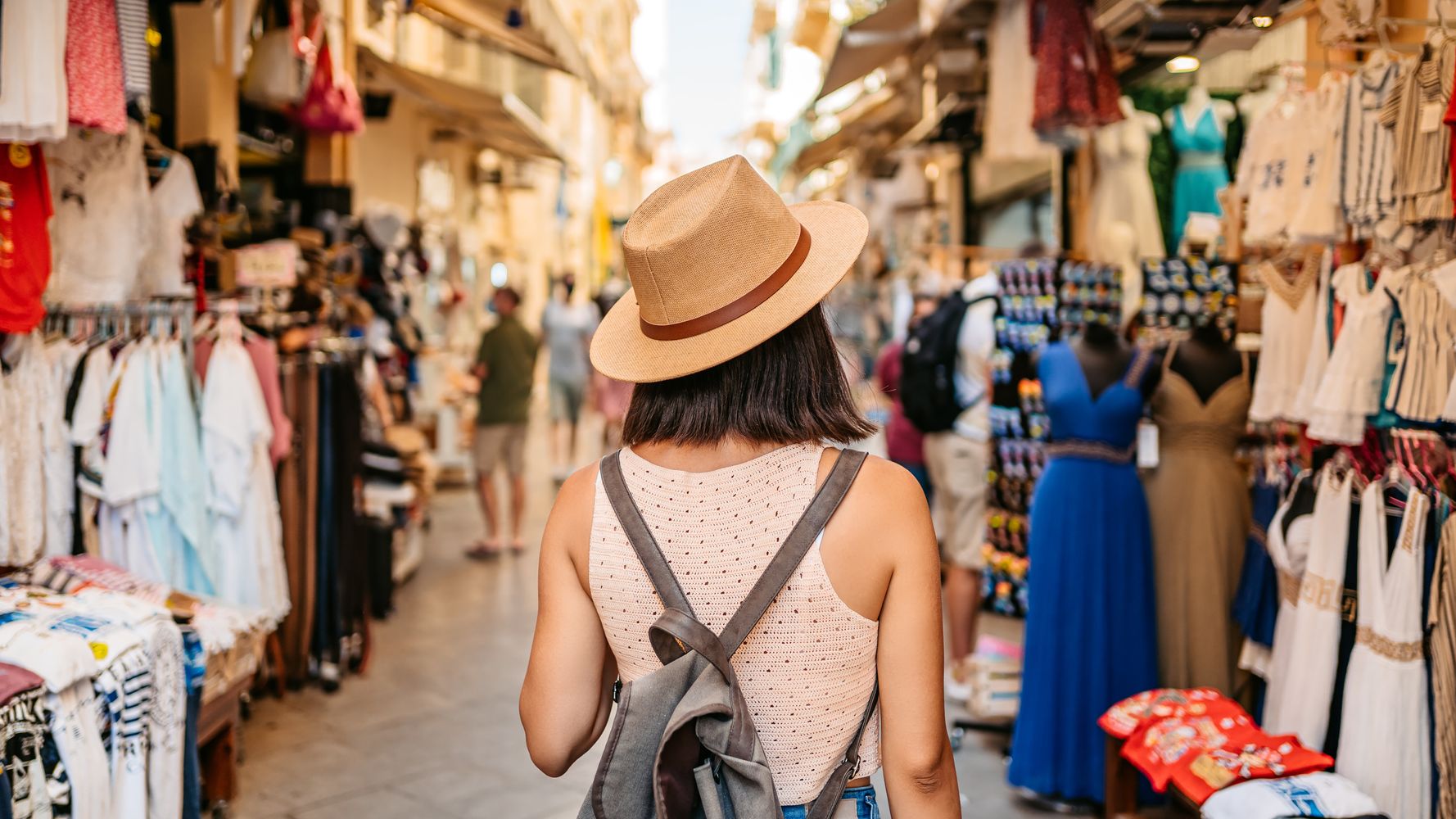
Travel souvenirs have long been a cherished part of the journey, offering a tangible connection to the places we visit.
From iconic keychains and magnets to handcrafted trinkets and exotic spices, souvenirs serve as reminders of our travels.
However, as environmental and ethical concerns continue to grow, many are beginning to question whether it’s time to rethink how we buy and consume souvenirs. Could a shift in our approach benefit not only our travel experiences but also the planet and local communities?
The Traditional Souvenir Market: A Double-Edged Sword
1. The Appeal of Souvenirs: Memories and Mementos
For many travelers, purchasing souvenirs is a fun way to capture the essence of their trips. These items often hold sentimental value, serving as a memory of special experiences, interactions, or places visited. Whether it’s a piece of artwork, a local delicacy, or a handcrafted item, souvenirs symbolize the personal connection formed between traveler and destination.
In some cases, souvenirs also play a role in supporting local economies. Small businesses and artisans rely on tourism for their income, selling products that reflect the culture, heritage, and craftsmanship of the area.
In regions where tourism is vital to the economy, souvenirs can provide a direct financial benefit to local communities, contributing to the preservation of traditions and crafts.
2. The Dark Side of Souvenir Shopping
However, the souvenir industry also has a darker side. Mass-produced items often made from cheap materials like plastic or synthetic fabrics can contribute to environmental harm.
Many of these products are made overseas, often under questionable labor conditions. Additionally, the overproduction of such items results in unnecessary waste, leading to landfills overflowing with discarded souvenirs that no longer serve a purpose.
The rise of “tourist trap” locations in popular destinations also means that many souvenirs are often overpriced or inauthentic, not truly reflecting the culture or history of the area.
This disconnect between what is sold and what is authentically representative of the destination can leave both travelers and local communities feeling disconnected from the true essence of the place.
A Shift Toward Sustainable and Meaningful Souvenirs
1. Prioritizing Sustainability and Ethical Production
As travelers become more conscious of their environmental footprint, there is a growing movement toward sustainable souvenir shopping.
Instead of opting for mass-produced goods, many are now seeking locally-made, eco-friendly, and ethically produced items that have a meaningful connection to the destination. This includes choosing products made from natural materials, such as wood, clay, or organic fibers, or items that help support conservation efforts.
A significant trend is the rise of experiences as souvenirs. Rather than bringing home an object, some travelers now prefer to collect memories through immersive experiences like cooking classes, art workshops, or cultural tours. These experiences allow for a deeper connection with the place and its people, fostering greater appreciation and respect for the culture.
2. Supporting Local Artisans and Communities
Supporting local artisans directly is another important way to ensure that souvenir purchases benefit the local economy.
By buying handmade goods from local markets or craft shops, travelers can help sustain traditional crafts and empower small businesses.
This creates a more meaningful connection to the place and ensures that the money spent stays within the community, rather than being siphoned off by large, multinational corporations.
Moreover, some regions have embraced “fair trade” practices, where goods are produced under fair labor conditions and with environmental sustainability in mind.
Choosing fair trade souvenirs helps promote ethical trade and ensures that workers are compensated fairly for their craft.
The Future of Souvenirs: Rethinking Travel Souvenir Culture
1. Digital Souvenirs and Virtual Experiences
Another way the souvenir market is evolving is through digital and virtual souvenirs. With the rise of technology, travelers can now purchase virtual keepsakes or digital art related to their travels.
Digital photographs, virtual reality experiences, and even NFTs (non-fungible tokens) have begun to replace traditional physical items as a means of capturing travel memories.
For some, this trend offers an exciting new way to commemorate their travels without contributing to waste or clutter. Digital souvenirs also open up the possibility for more personalized and creative options, where travelers can curate their own experiences and memories through virtual means.
2. The Role of Conscious Travel Choices
In the end, the decision to change how we buy souvenirs comes down to making more conscious travel choices.
Travelers can focus on making ethical decisions by supporting local businesses, choosing sustainable products, and prioritizing experiences that promote cultural understanding.
Rather than seeing souvenirs as obligatory purchases, we should view them as meaningful reflections of our journeys that contribute to the wellbeing of the places we visit.







